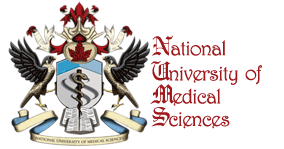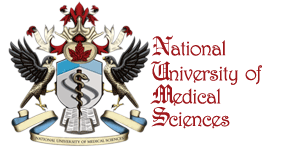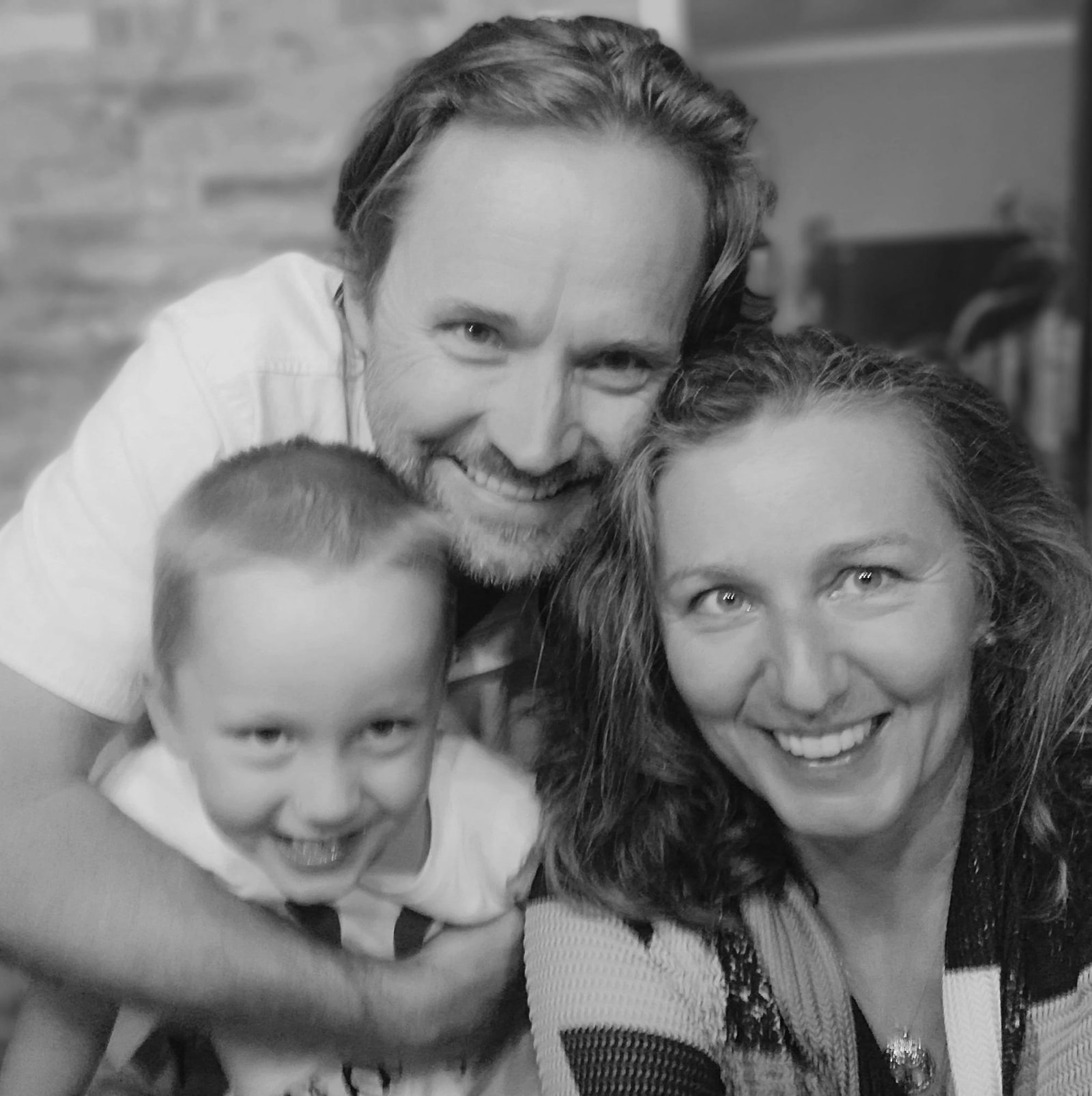We are creating an online Master of Science degree in Eastern Psychology.
Coach, author & osteopath, Dr. Wolfgang Henckert, PhD, MSc.D, DO, a graduate of National University of Medical Sciences (Spain) who lives and practices in Namibia has joined us to teach a course on Eastern Psychology Principles for the MSc (E.Psych) program.
Professor Henckert is author of 9 books including Navigating the Spiritual Path and the Heal Your Way. He is passionate about a holistic, trauma-informed and transpersonal approach to healthcare – integrating a grounded approach to orthomolecular, functional, and integrative medicine, distilling multiple approaches, transpersonal psychology and philosophia perennis into holding space, moving energy, and facilitating healing.
Course Description:
Eastern psychology explores the rich and diverse psychological traditions of the East, offering unique perspectives on the human mind and behaviour. This course aims to introduce students to key concepts, practices, and philosophies from various Eastern traditions, including Buddhism, Taoism, Yoga, and more. Students will gain insights into Eastern approaches to understanding consciousness, emotions, well-being, and personal growth.
The course objectives are:
1. Introduce students to the foundational principles of Eastern psychology.
2. Explore key concepts such as mindfulness, meditation, and non-dual awareness.
3. Compare and contrast Eastern and Western approaches to psychology.
4. Examine the role of spirituality and consciousness in Eastern psychology.
5. Provide practical tools and techniques for personal growth and mental well-being.
The following topics are discussed in great detail during lectures:
-Introduction to Eastern Psychology
-Mindfulness and Awareness
-The Self and Non-Duality
-The Path of Yoga
-Buddhism and the Nature of Suffering
-Mind-Body Connection
-Taoism and Balance
-Emotions and Well-Being
-Meditation Techniques
-Transcendence and Enlightenment
-Eastern Psychology in the Modern World
-Personal Growth and Beyond
We welcome Professor Henckert to our faculty and are grateful to have him with us.


